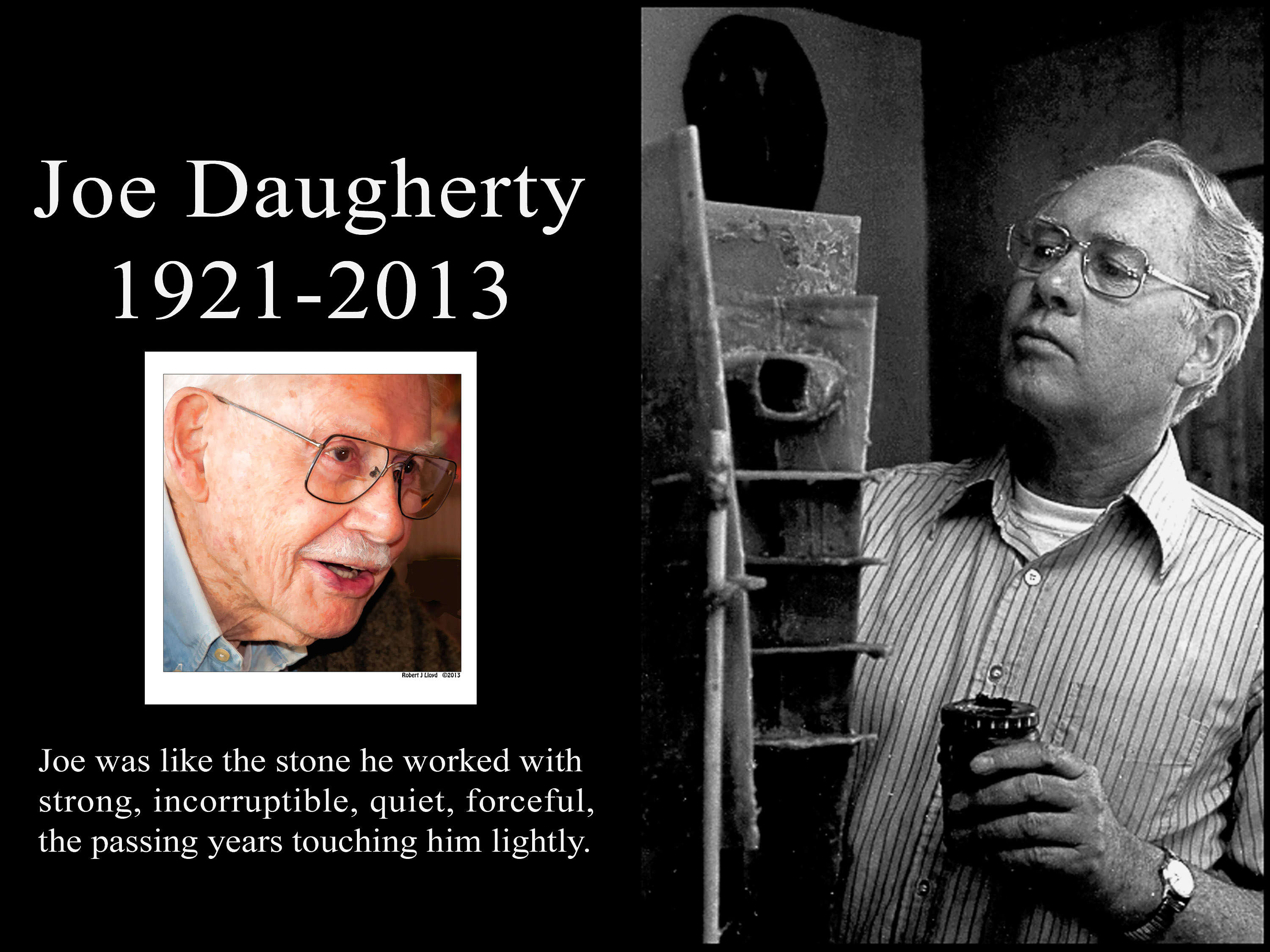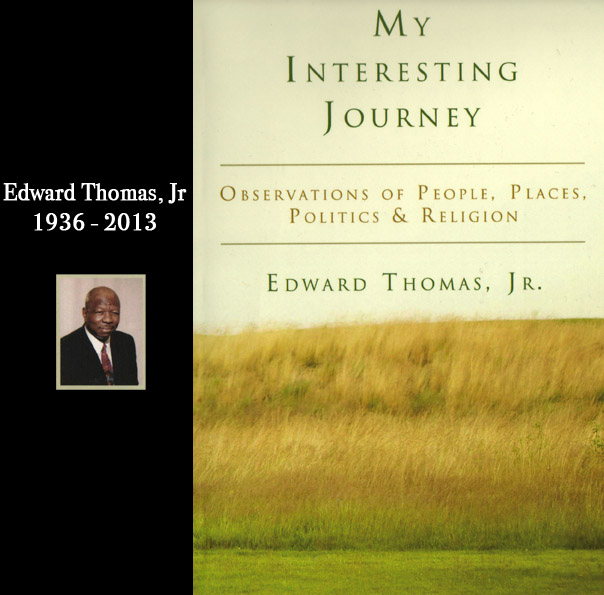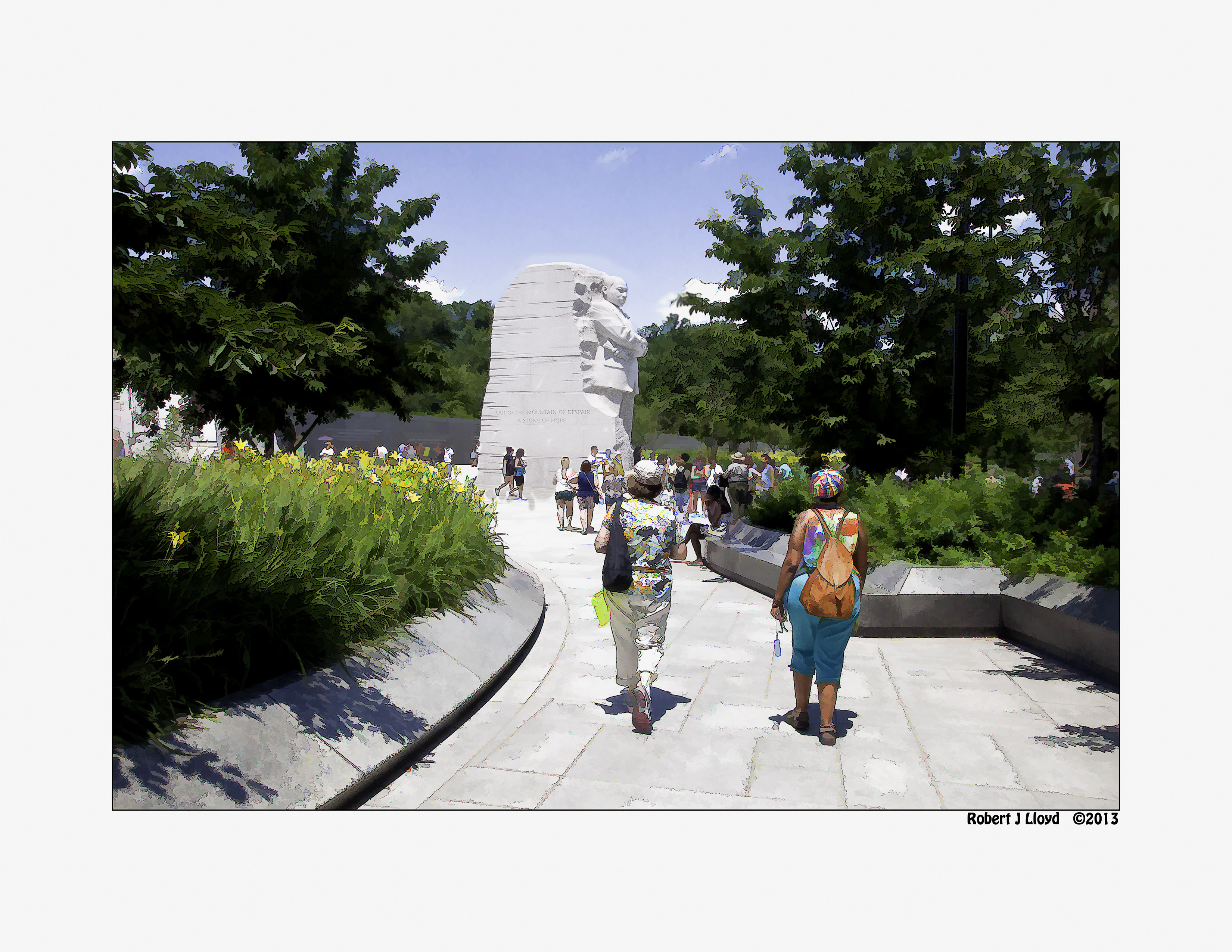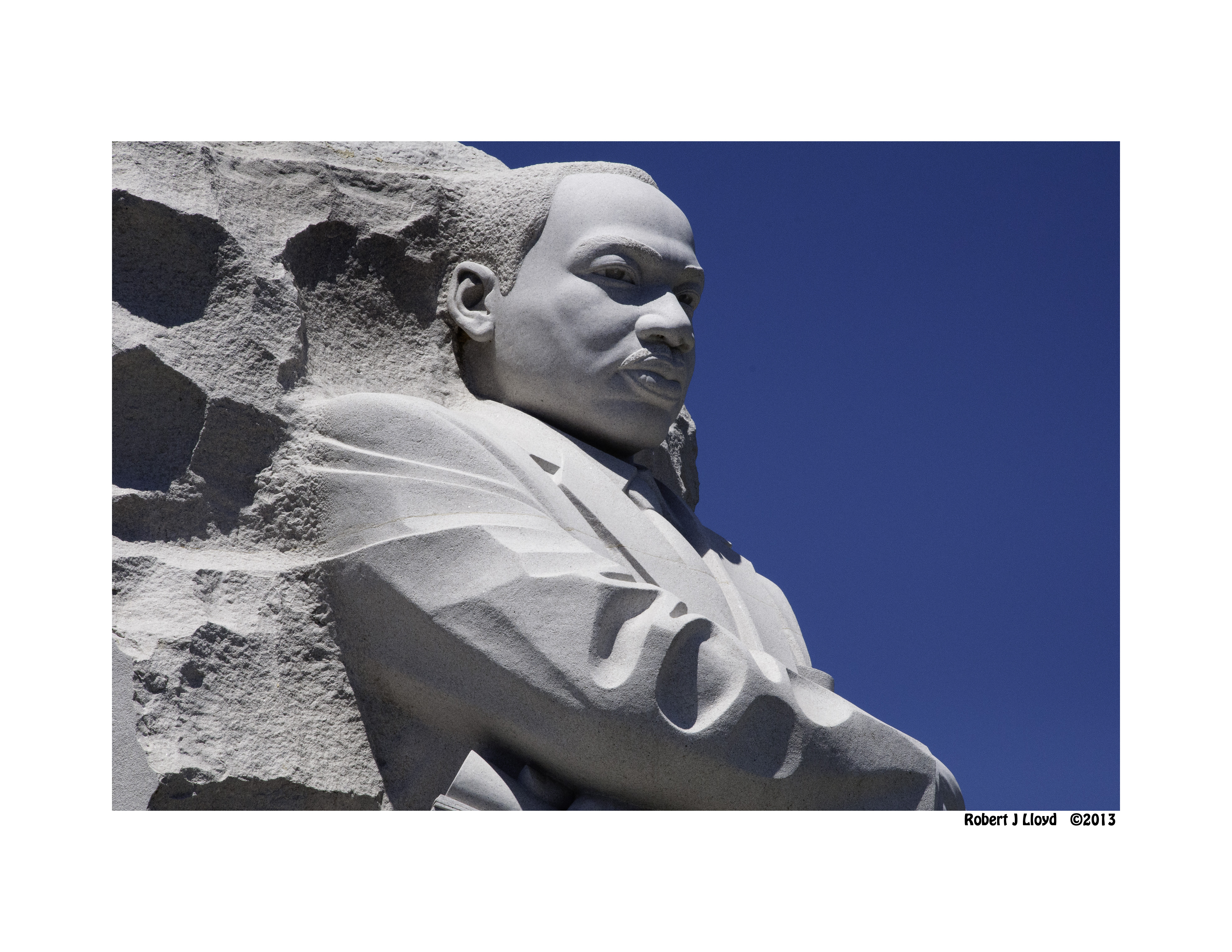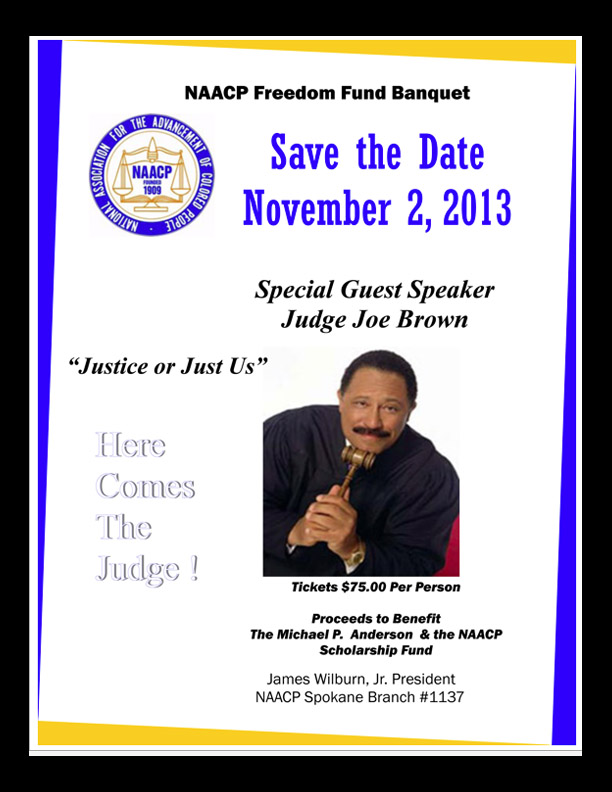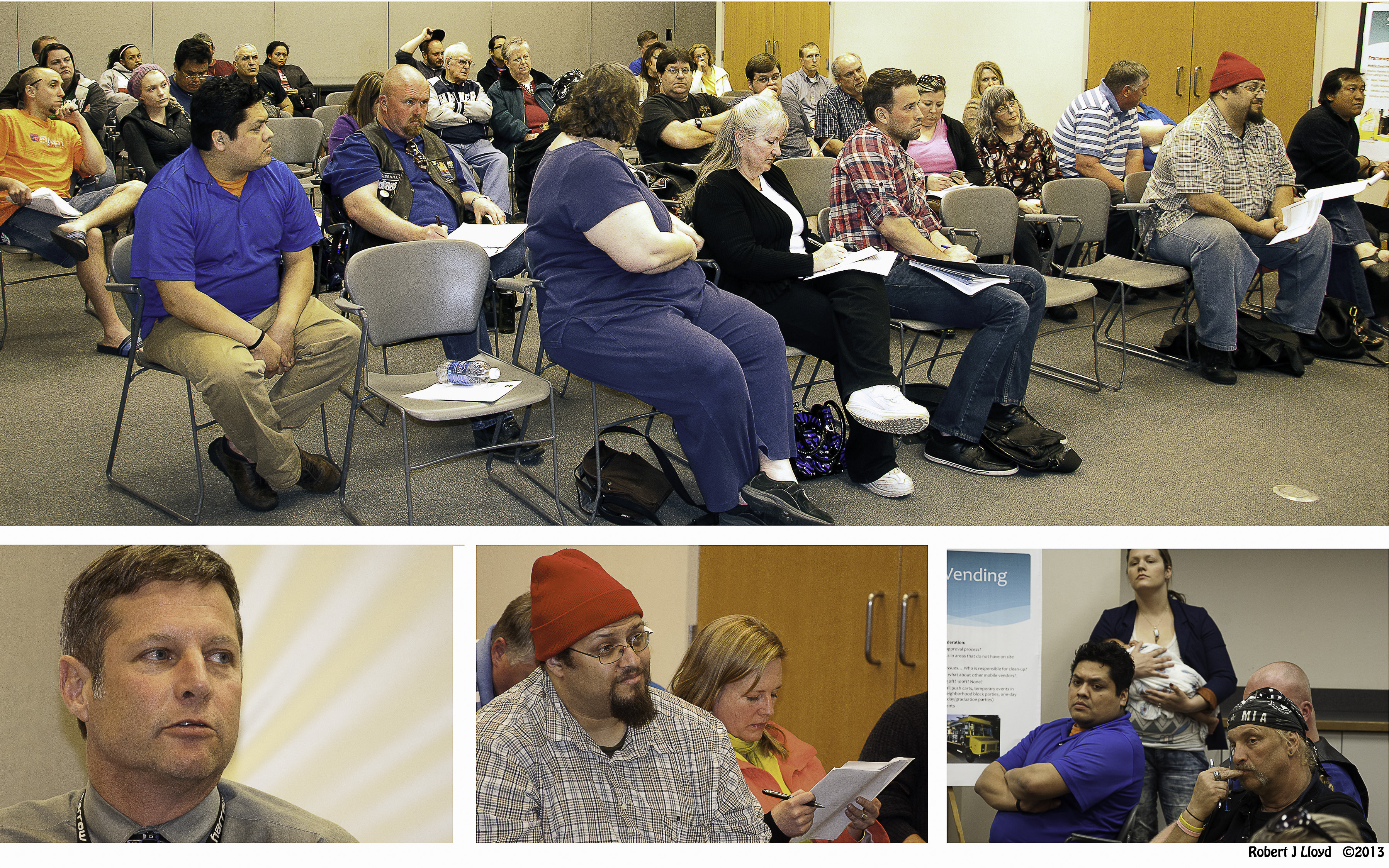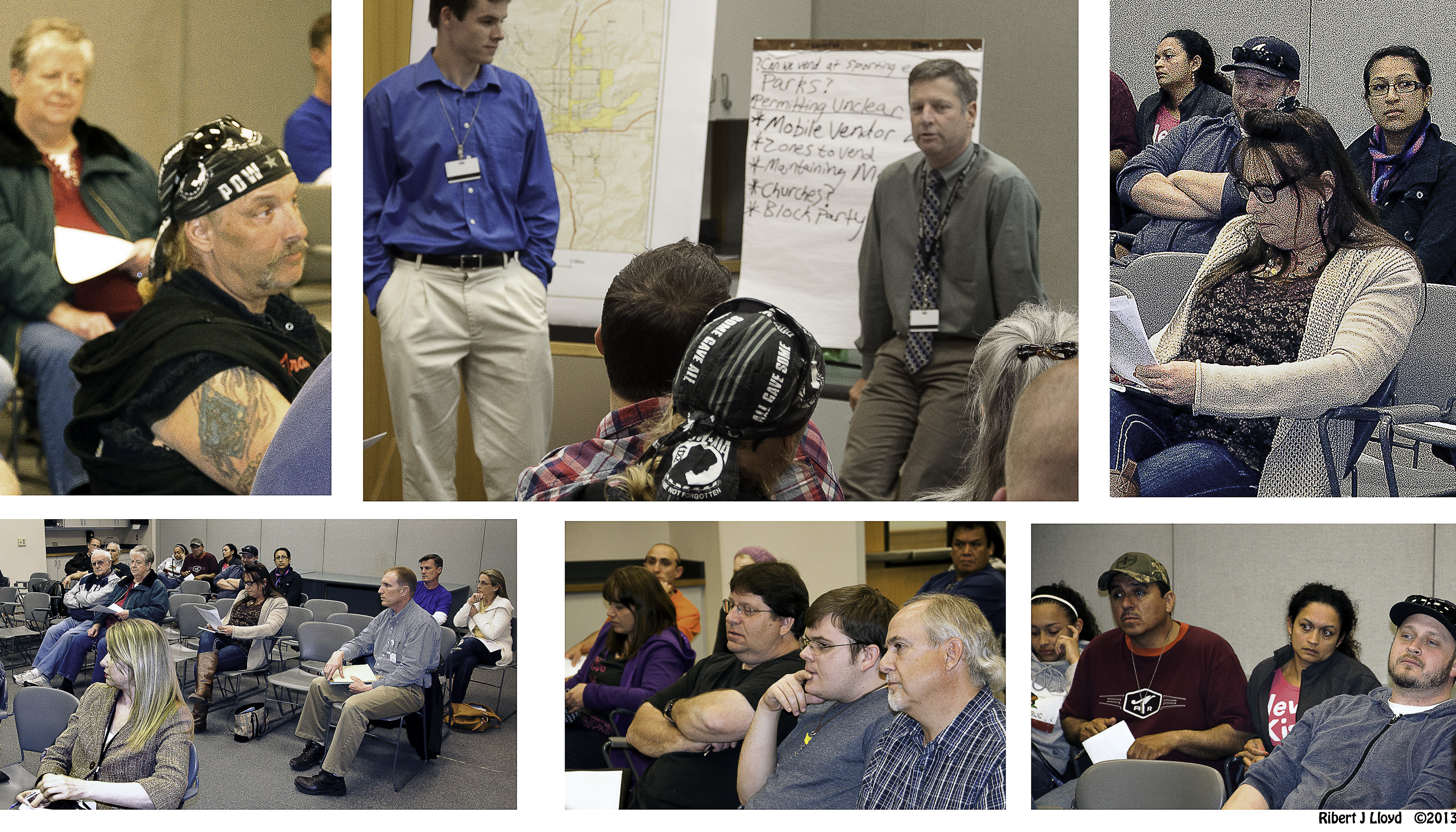Passed away August 27, 2013. Memorial service followed by reception Monday September 2 at 10:00 am Cheney United Church of Christ 423 N 6th St. Cheney WA. Online guestbook at cheneyfuneral.com.
Obituary from the Spokesman Review August 31, 2013.
Cheney lost a friend and an artist with the death of Joseph C. Daugherty August 27 2013. He was born in Uhrichsville, Ohio, May 24, 1921. He appreciated growing up in this railroad town where everyone was a friend. He was the artist of the Senior Class Annual and Drum Major of the band for his high school. He graduated from Ohio State University with a degree in Fine Arts in 1939. After serving three years in the U.S. Navy, he began teaching art in Woodland, California. Here he met and married a fellow teacher.
As with so many ex-military, he returned to college. His three years in the graduate art program at the University of Oregon included the creation of 13 sculptures. He also appreciated having a class with the world-famous artist, Alexander Archipenko.
In 1959 he joined the faculty of E.W.W. where he valued his many years working with the varied students who attended the school. He also created a facility for bronze-casting in the art building which reflected his work in a new media. Wherever he lived, he fashioned an area where he worked, creating sculpture. At last, in 1964, the house he designed and had built included a permanent studio.
Among his many interests, he enjoyed spending time in good conversation and was a wonderful story-teller. He entertained listeners with recollections of his travels and past, filled with details provided by his amazing memory and sense of humor. He also loved music, especially the music from the swing/big-band era, and spent many happy hours listening to his favorite compositions. He was, above all, thoughtful, kind and courteous.
He is survived by his wife of 67 years Joan; and son Kevin, of Cheney; and daughter Colleen and husband Ken Floyd, of San Diego. Also living are his sisters Ann Baxley of San Marcos, California and Clara and husband John Updike of Muncie, Indiana. Also adding to relative wealth are nephews Brian and Bruce Baxley, California, and Phil and Tom Updike, Indiana, and niece Carolyn Dehner, Ohio.
A memorial service, followed by a reception, will be held on Monday, September 2, at 10:00 am at the Cheney United Church of Christ, 423 N. 6th Street, Cheney, Washington 99004. Online guestbook at cheneyfuneral.com. Cheney Funeral Chapel, Cheney, WA.

